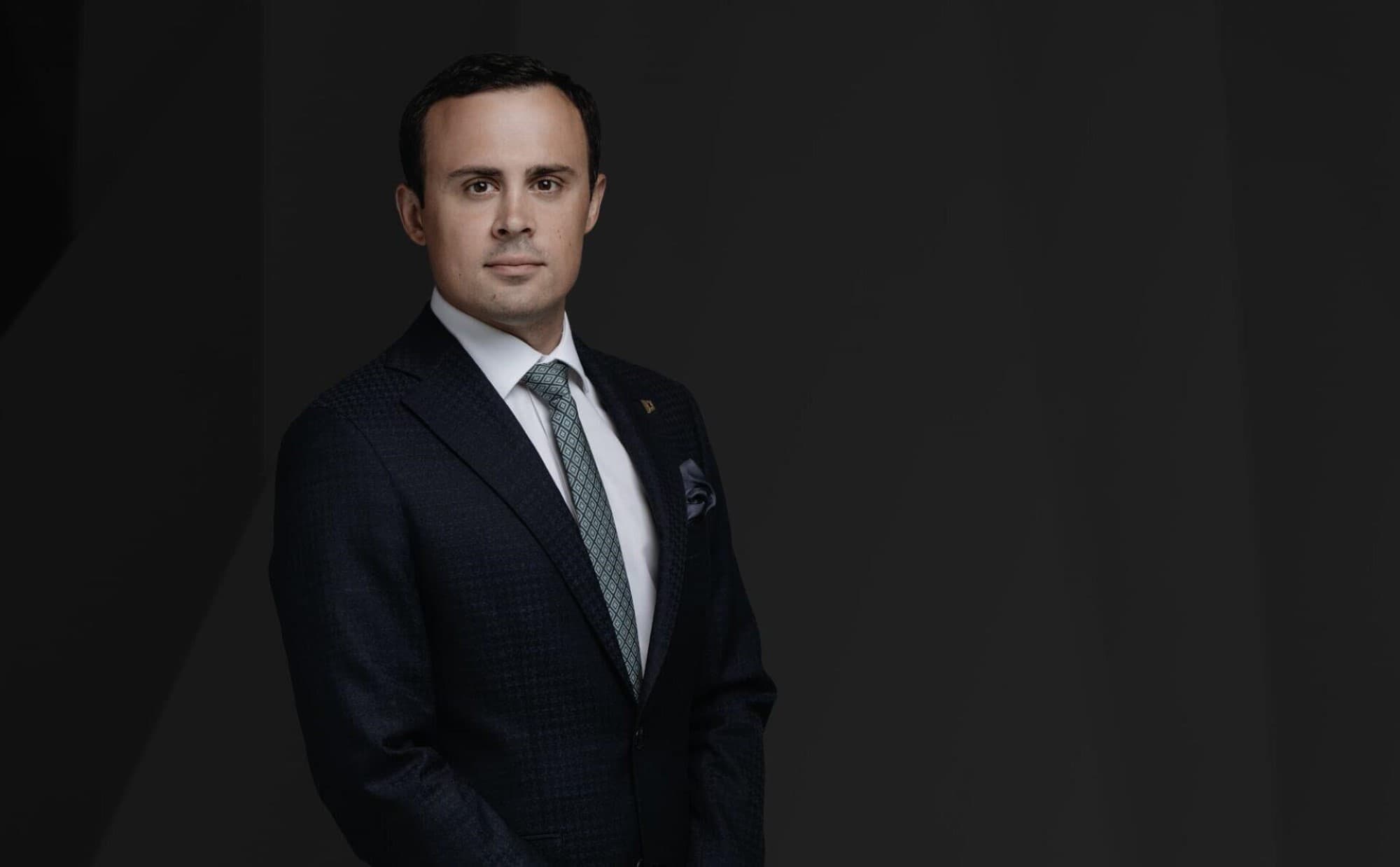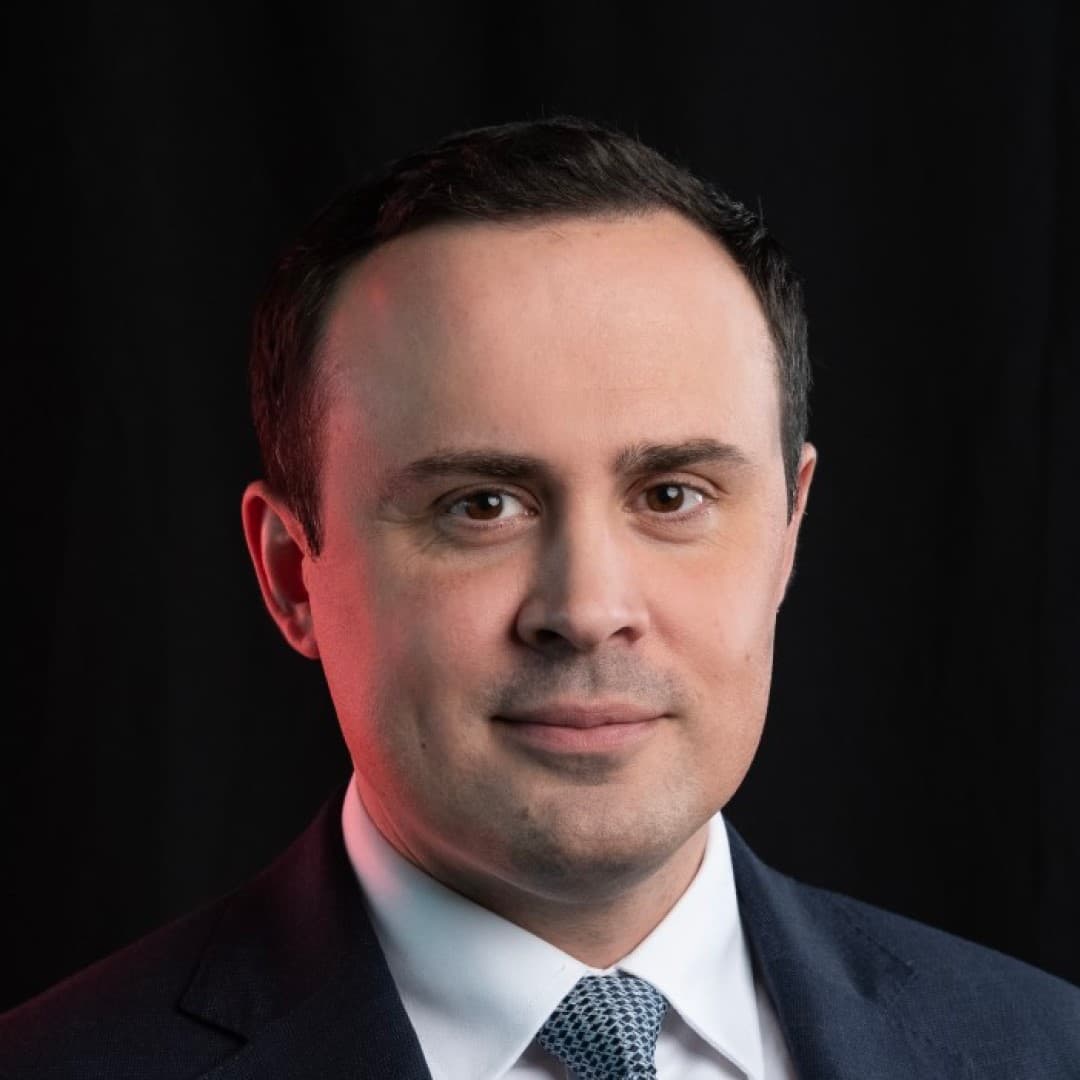Jan Sůra: Slander and Lies Must Not Be Part of Our Culture
23 \ 09 \ 2020

Last week, a number of celebrities demonstratively deleted their Instagram accounts in protest against the spread of hatred on social media. A carefully planned happening by several internet stars, you might say. But the whole world is indeed experiencing an unpleasant sobering up from the initially intoxicating feeling sparked by the possibilities of unlimited spreading of words and ideas through the internet and new media.
For the first time in human history, every person can publicly express their opinion. However, all great freedoms always come at a high price we must pay. As a result, disinformation, lies, slander, and personal attacks have settled into our society as a common part of it.
Common, however, does not mean accepted or tolerated. Therefore, accepting this reality of our time cannot be accompanied by abandoning the effort to hold someone specifically accountable for often very dangerous behavior. Theft has also long been present in our society, yet the state has not given up on preventing and punishing it. We may argue whether the cause lies in inadequate legal regulation, the anonymity of the virtual space, or limited technical capabilities. I believe what we mainly lack so far is the will to address the problem — and also the willingness to admit how devastating its effects are on the whole society.
The issue is often framed as a conflict between two constitutionally guaranteed values — the right to protection of human dignity, personal honor, reputation, and name versus the right to freedom of expression. It is difficult to say if and when one should take precedence over the other. According to public opinion surveys, freedom of speech is the post-Communist value Czechs cherish the most. But that is not really the question here. The spreading of hateful or deliberately false statements with the intent to harm someone has never enjoyed any legal protection and can hardly be considered a constitutional freedom.
The legal tools at our disposal have been more often used to justify ignoring the problem. Slander is often seen as the expression of personal opinions, even though there is a clear boundary between an opinion and objective (false) information, as defined by the Constitutional Court. And when the falsehood of the information is proven, the harmful effects of such conduct are downplayed.
Today, it is practically impossible to commit slander. We have created the category of “publicly active persons” — originally to allow peeking into the private lives of popular singers, but now broadly applied to anyone who is even slightly socially active.
A double standard in the law is always wrong and cannot be justified by the argument that a publicly active person has more means to defend themselves. They also have more to lose. And putting aside whether publicly active persons should actually be more strictly protected, I must ask why a professional MMA fighter should not have stronger protection against violent crimes. Or why a wealthier individual who can more easily afford a media response is less protected against slander. The justice system bears shared responsibility for the (not only political) culture in the country, and no one can absolve it of that.
We see the consequences daily, and cases are increasing. MEP Tomáš Zdechovský received thousands of hateful messages including death threats, until police protection was assigned to him and his family. Even though the police managed to identify the specific authors of the threats, the case was dismissed on the grounds that it was not a criminal offense. The administrative authority then stated that the conduct did not even constitute an offense against civil coexistence.
MP Patrik Nacher was publicly accused of stealing face masks from a government warehouse. Senator Jiří Drahoš was accused of accepting one million CZK for his campaign from a foundation helping children. Both cases were dismissed with the reasoning that such claims are a natural part of public life. This makes it very difficult for decent people to enter public discourse. Do we really want to get used to this and fully realize how dangerous a message we are sending to society as a whole? I think it is high time to send a clear message with the opposite meaning — slander and lies must not be accepted as part of our culture.
Author: Jan Sůra, partner at the law firm Císař, Češka, Smutný
Written for the daily newspaper Právo, September 23, 2020




